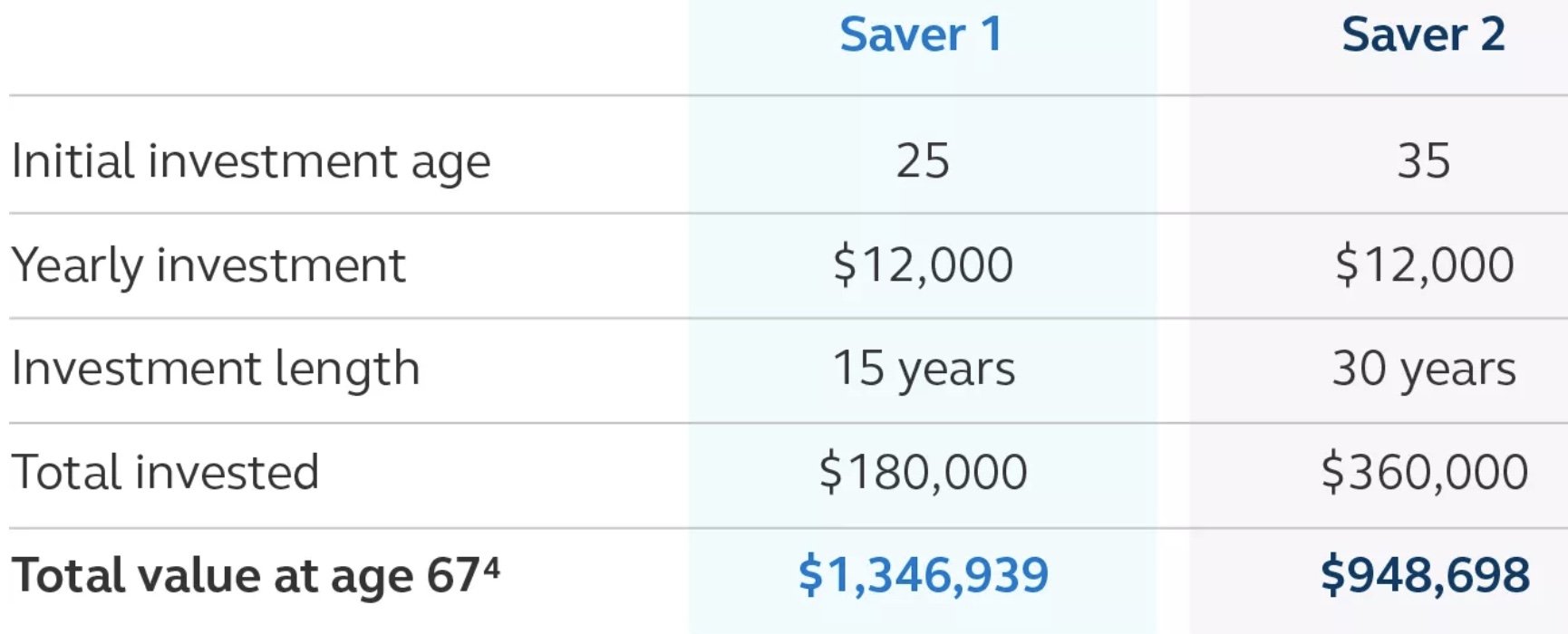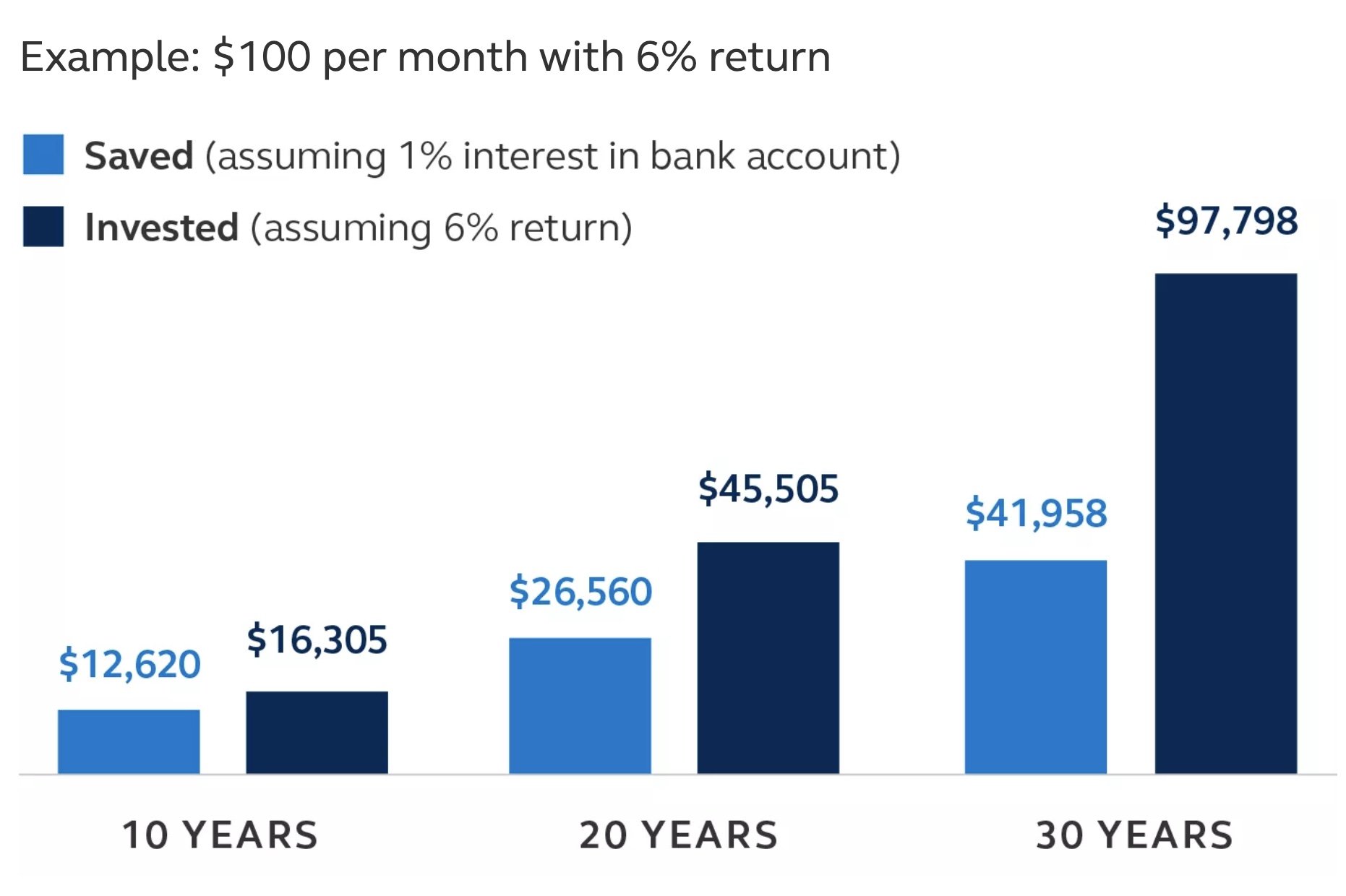Join me...
on my journey to lands I have dreamed of visiting, and lands I have never imagined visiting. At the end of each post are my observations of the culture, the politics, and the people - commentary encouraged!
A grateful thank you to my mother and my aunt, who made it all possible! Thanks also to staff of Seabourn Encore, who made it fun, and ridiculously and elegantly over the top.


